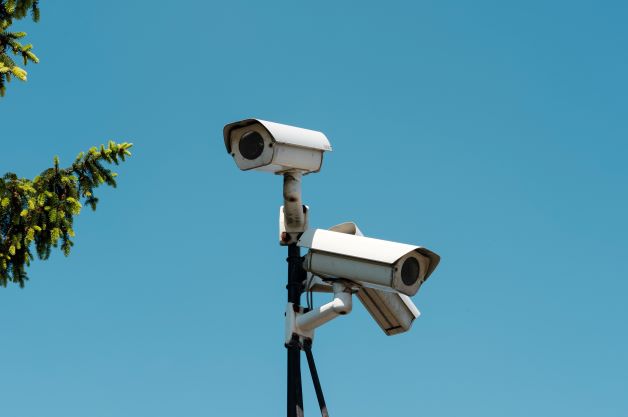In the gig economy workers get paid for the “gigs” that they do, such as food delivery, parcel delivery, car journey, property hire etc. Well-known gig economy firms include Uber, Deliveroo, Hermes, and Airbnb. The term “gig” comes from the music industry and describes jobs that only last for a short period of time, or gig.
The gig economy evolved through entrepreneurial firms striving for efficiency and offering small pieces of work to people on an “as needed” basis. Apps were then developed as an efficient mechanism of linking workers to their gigs.
Working in the gig economy
People who work within the gig economy often find work through apps or platforms, and they work on demand. This means that when there is no demand, the worker does not receive work and therefore does not receive any income. Gig economy workers are not usually employees because there is no requirement for them to accept work, nor be provided with ongoing work. Usually gig workers are paid on an outputs basis, e.g. number of parcels delivered, journeys undertaken, nights accommodation provided.
What’s good about the gig economy?
As there is no requirement to accept the gigs offered, then gig workers have complete flexibility in choosing where and when they work. This means that they can juggle other priorities in their life, choosing to gig on the side alongside permanent employment, or some do multiple gigs simultaneously – e.g. accepting food delivery gigs whilst also delivering parcels. Such multiple gigging is perfectly acceptable because, by definition, the worker is not an employee and therefore is free to work for many different companies.
Companies benefit from a gig workforce because it is so efficient, i.e. they only have to pay workers when there is demand for the work to be done. And because gig workers are not usually employees then they don’t incur staff costs when the demand is not there. Also, there are no overheads associated with employment such as employers NICs, paid holiday, minimum wage, pension etc.
Why is it controversial?
The fact that gig workers do not have minimum rights and are not employees is controversial as workers are not protected against exploitation. Many people say that working in the gig economy is precarious because there is not guarantee of ongoing work and no entitlement to any redundancy protections.
In some cases workers might not realise that they are not actually entitled to sick leave, paid holiday etc, and it may come as an unpleasant surprise. There have been a number of tribunals where gig workers claim they are not genuinely self-employed, and that they should actually be entitled to worker rights. Uber is the most high-profile such case.
As a result of the controversy, some gig economy companies are offering their workers a choice on how to be engaged, i.e. whether self-employed or a worker with certain rights. Some companies also offer their self-employed gig workers an option to receive certain benefits such as paid holiday.
What are my rights as a gig worker?
Most gig workers are self-employed which means that they have no minimum rights or statutory protections. However it is not necessarily that straight forward. In the UK’s employment law there is a category of self-employed person who undertakes work as part of someone else’s business, this is called a “limb (b) worker”. Legally, this category of worker is entitled to certain minimum rights including national minimum wage, rest breaks, paid holiday.
The various gig economy tribunals centre around whether the gig workers are genuinely self-employed, or actually “limb (b) workers”. Employment status is complicated and it can take many years for tribunals to conclude firmly.
So whilst you might be engaged by a company on a self-employed basis, the facts of how your relationship with the company might actually be more akin to a “limb (b) worker”. You can take your “employer” to court if you feel that you are not receiving the rights and protections that you should. You should seek legal advice first.









